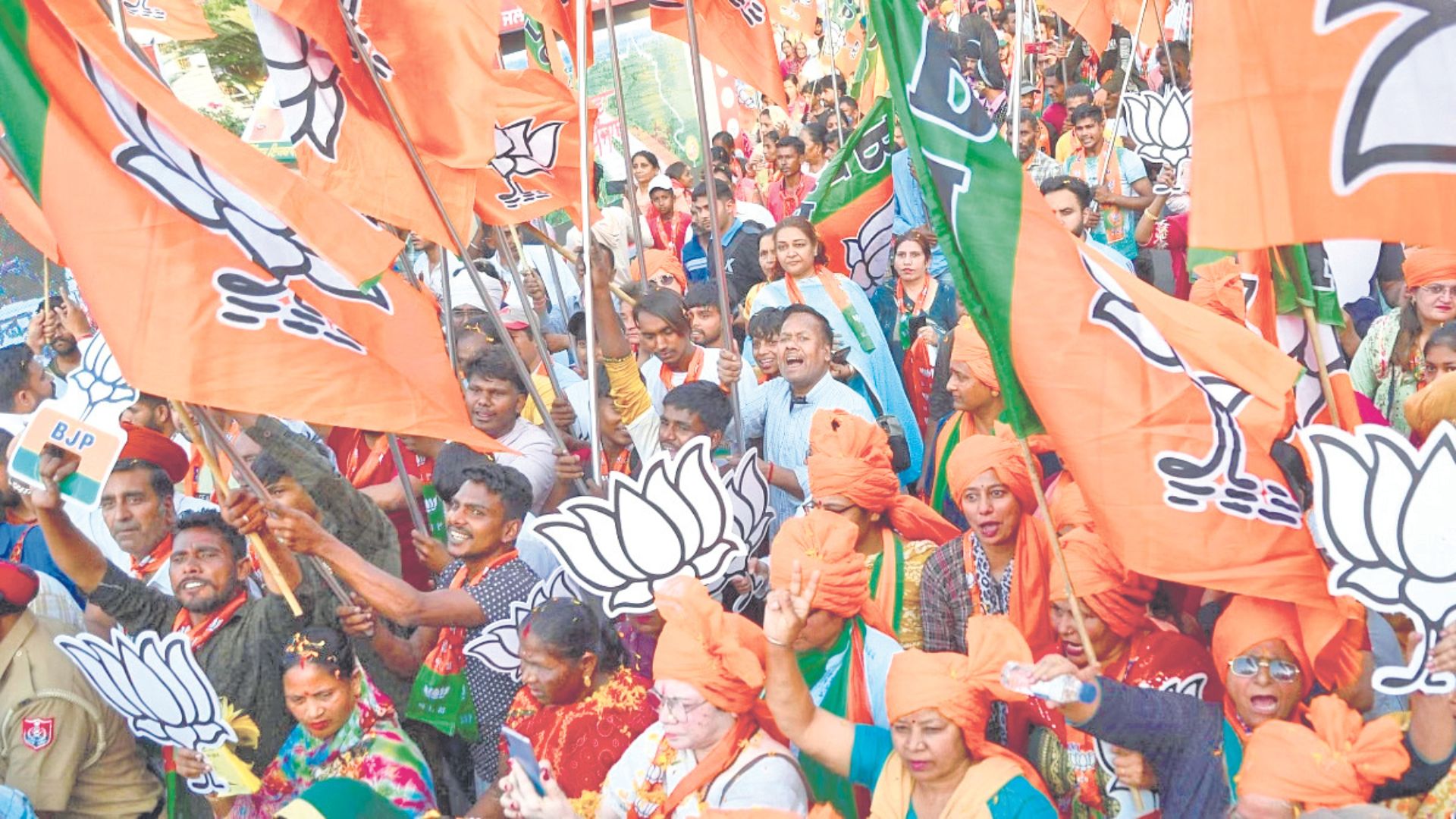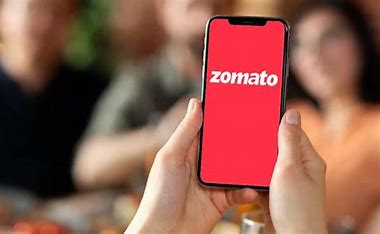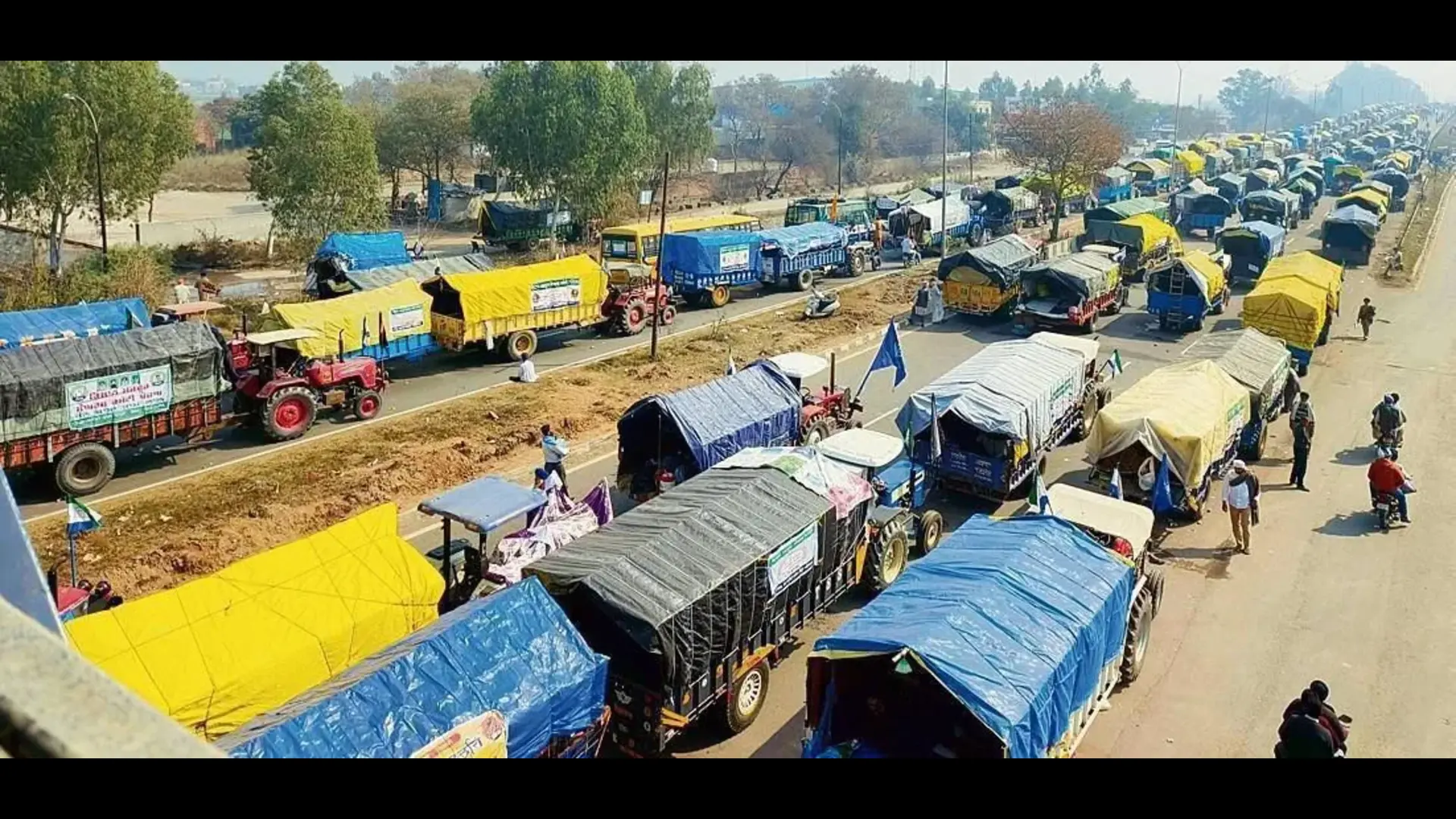The dates of Parliamentary election announced have been announced by the Election Commission. This Parliamentary election will be held in seven phases which will begin on April 19 and continue till June 1. The counting will take place on June 4 from which the shape and the face of new government will emerge.
This election is going to be crucial for the making of new future of India. It is crucial due to three reasons. Firstly, the future of reshaping indian democracy which BJP proposed in the last 10 years will be determined from this election. Secondly, this election is also going to decide the fate of Vikasit Bharat mission which BJP has designed during its last two regimes. Thirdly, it is also going to decide what will be the forms of response of rising aspirations of women, Dalits, youths, peasants and various subaltern communities in India who are aspiring for their socio- political and cultural mobility.
This election is going to be fought within various parties on four central narratives. Firstly, this entire election is going to discuss the designs and initiatives of Vikasit Bharat which BJP has proposed during the election campaign. The BJP may propose this future agenda as its vision and commitment for making new India. On the other hand, political parties in opposition may try to critique this form of Vikasit Bharat.
Secondly, another central narrative of this election will be discussing empowerment narratives of the marginals. The NDA and I.N.D.I.A bloc both may propose their own design of their empowerment during their election campaign.
Thirdly, the efforts to bring out nation from the condition of poverty may also produce narrative plot of the electoral discourse in this election. It will be also discussed by both political parties in power and parties in opposition. The BJP and its allies may argue the success of their efforts of poverty elevation and their social impact. Congress and political parties in opposition may propose critique of the governmental efforts in this direction and may propose their own schemes and design of removing poverty from India.
Fourthly, justice and injustice may be pushed by Congress and other political parties as electoral content. The BJP and its allies may argue – about the notion of Sampras or Shabaka sath – Sabakaka Vikas as an alternative of fragmented notion of justice which argues for caste , religion and various identity-based justice. While saying this, I am not proposing that the issues like Hindutva pride such as Ram Janak Bhoomi temple inauguration etc. will not play important role as issue and narrative in this election.
These issues will be certainly present in this election but they will remain as backdrop of electoral mobilisation. These issues will remain in the electoral package of the party like BJP.
These discourses will be echoed during entire campaign of Parliamentary election through manifestoes, press conferences, political rallies and various social media campaign. The advertisements in electronic channels and news papers may be other mediums for creating narrative in the elections. The YouTubers, content creators and influencers may also contribute in their own way in forming various levels and layers of electoral mobilisations.
To understand the value of content creators, reel makers and you tubers, PM Narendra Modi recently organised an interaction with these new digital activists who play important role in the the making and remaking of the opinions of the public. Sometime during attack on each other, new turn in the electoral discourses take place but these turns usually momentary and influenced by immediacy.
The Election Commission of India showed its commitment to creat equal playing field in terms of financial power, but in the domain of discourse making equal playing field is almost difficult because it is related with forging various kind of connects with the grass-root people. The political parties who understand the changing aspiration of the public, their language and forms of popular politics, they get edge in discourse politics. The strength of discourse politics of any political party is closely associated with oratory, media discourse and print communication. The political party who constantly increases its discourse capital by various discursive strategies may also get edge in political mobilisation.
As we see in-the realm of discourse or narrative capital BjP seems ahead of rival in this election because it is the political party who is setting agenda for electoral campaign. As we know the party who set the agendas and issues of discourse during election, naturally get edge in discourse politics.
Since PM Narendra Modi and BJP have already planned its campaign trajectory, and other may be also in the process of planning their election campaign, a heated and well organised war of discourses and narrative will be visible in coming month. What I observe that this election will be an election of image politics in which narrative and discourse war will appear as supplementary moblisational constituent in Indian democratic electoral politics.







